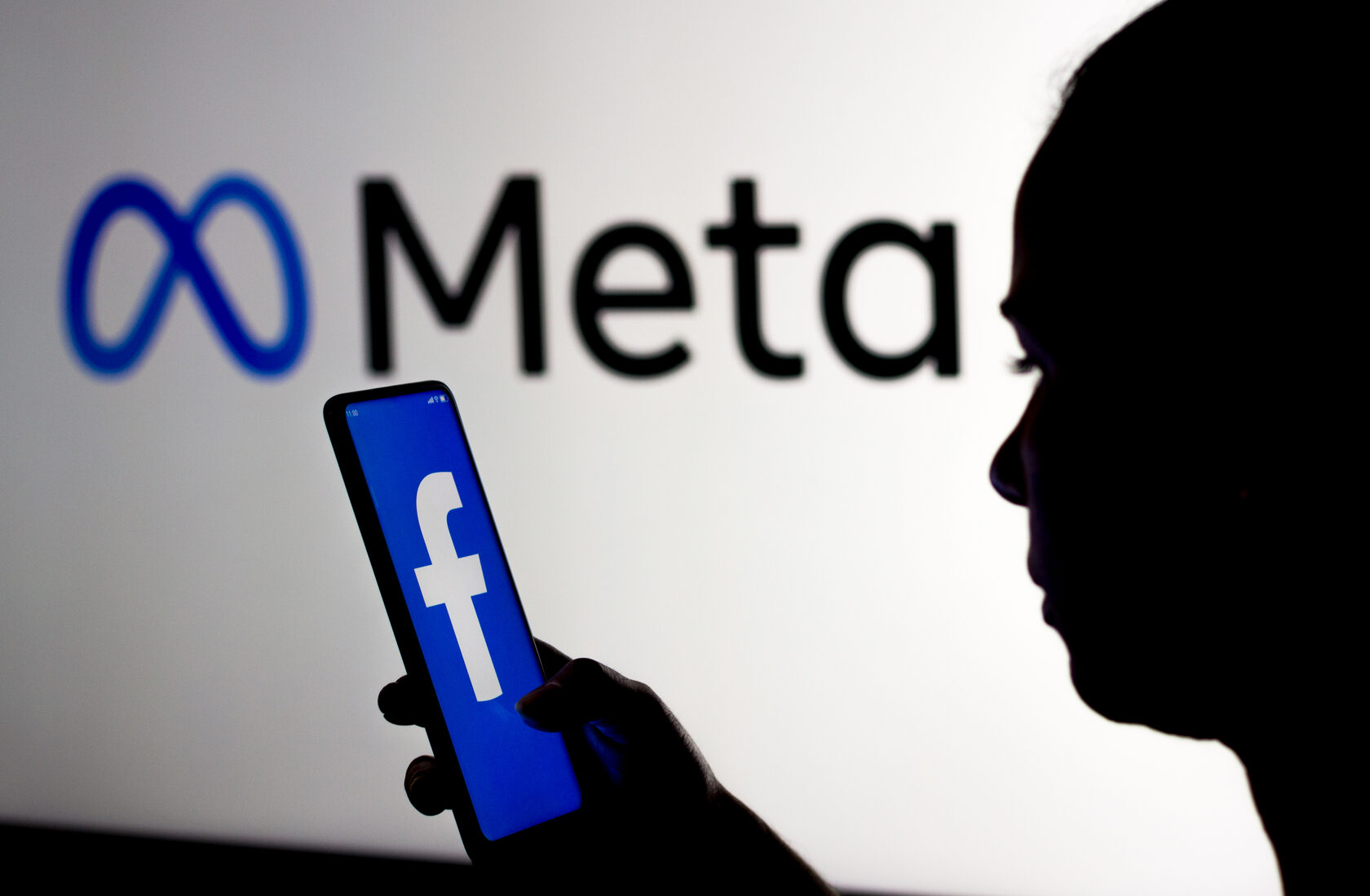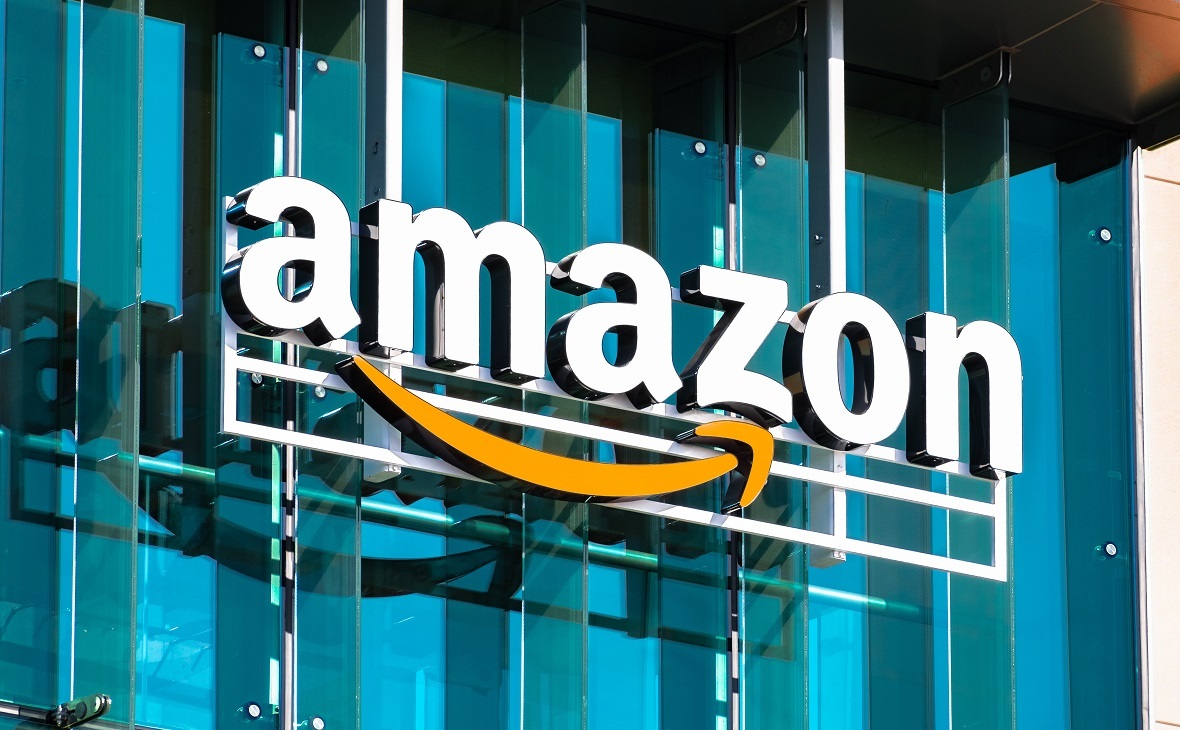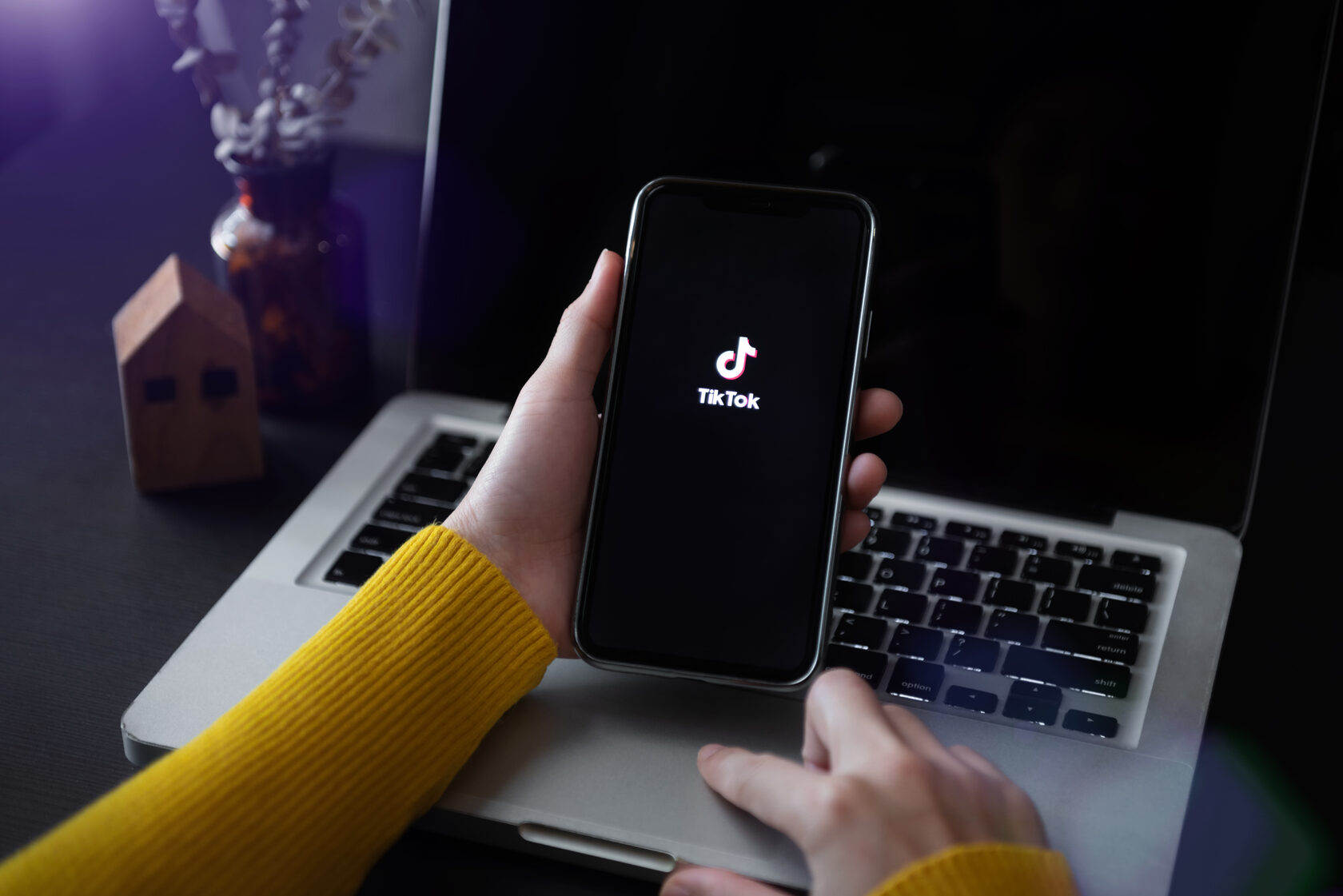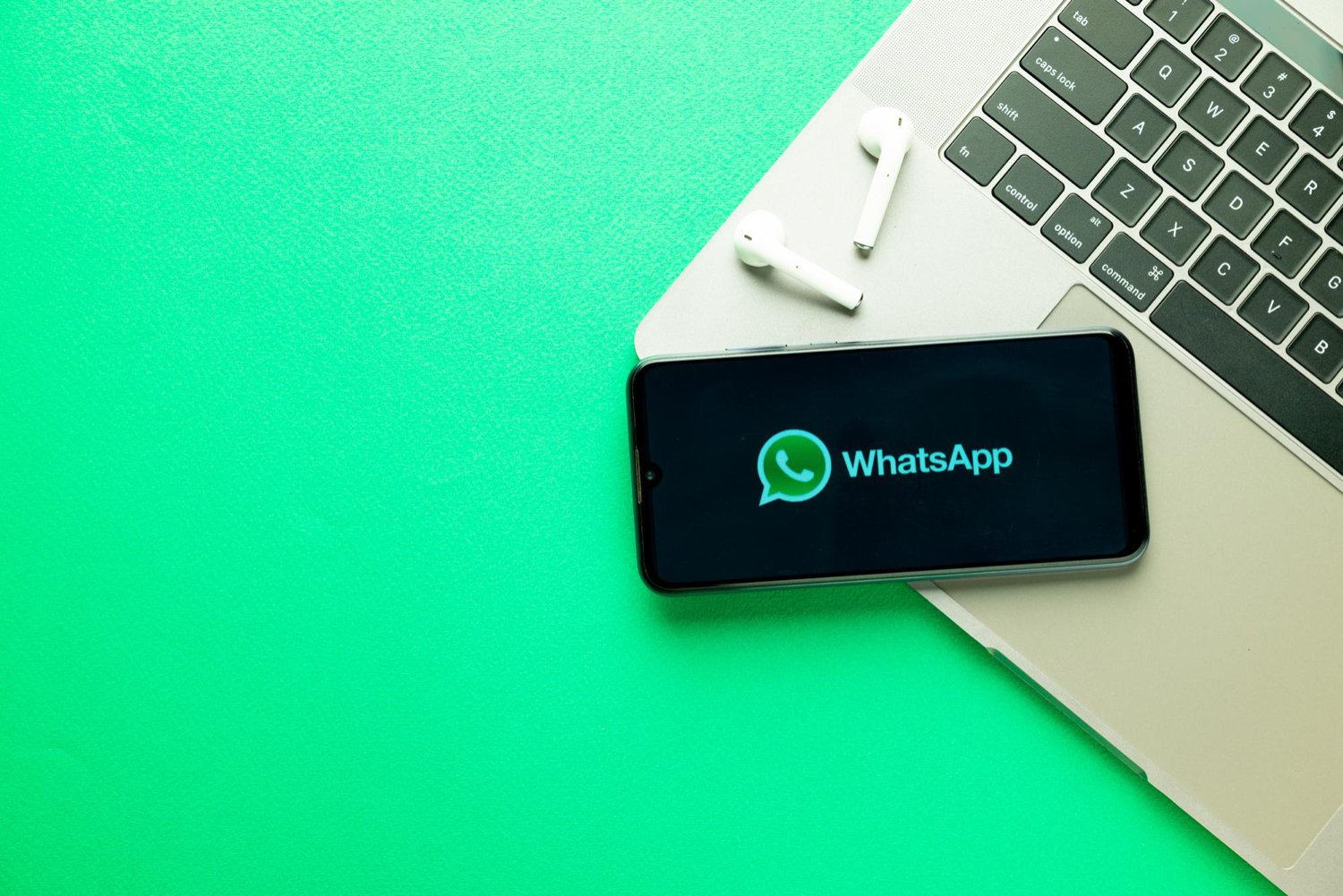The enforcement of the European Union's General Data Protection Regulation (GDPR) has led to substantial fines against major tech companies for privacy violations.
Since its implementation in May 2018, GDPR has held these companies accountable for mishandling user data.
Here’s a look at the nine largest fines imposed on Big Tech, highlighting the ongoing tension between data privacy regulations and the practices of tech giants.
1. Meta (Facebook) - €1.2 billion (May 2022)

Meta was fined for transferring user data from the EU to the U.S. without adequate privacy safeguards.
The fine is a result of concerns over U.S. surveillance practices conflicting with EU privacy standards. Meta's data transfers were deemed systematic, repetitive, and continuous, affecting millions of users.
This is the largest GDPR fine to date and serves as a strong warning to organizations about the severe consequences of non-compliance with data protection regulations.
The fine is a result of concerns over U.S. surveillance practices conflicting with EU privacy standards. Meta's data transfers were deemed systematic, repetitive, and continuous, affecting millions of users.
This is the largest GDPR fine to date and serves as a strong warning to organizations about the severe consequences of non-compliance with data protection regulations.
2. Amazon - €746 million (July 2021)

Amazon was fined for using customer data for targeted advertising without proper consent, violating GDPR rules.
The fine was imposed by Luxembourg’s National Commission for Data Protection (CNPD) following a 2018 complaint by La Quadrature du Net.
This case highlighted the issue of Big Tech companies manipulating user behavior through data exploitation, raising concerns about privacy and user autonomy.
The fine was imposed by Luxembourg’s National Commission for Data Protection (CNPD) following a 2018 complaint by La Quadrature du Net.
This case highlighted the issue of Big Tech companies manipulating user behavior through data exploitation, raising concerns about privacy and user autonomy.
3. Meta (Facebook & Instagram) - €390 million (January 2023)

The Irish Data Protection Commission (DPC) fined Meta for improperly processing user data for personalized ads on Facebook (€210 million) and Instagram (€180 million).
The European Data Protection Board (EDPB) ruled that Meta's justification for this data processing was insufficient under GDPR, emphasizing the need for clear user consent and transparency in data handling practices.
The European Data Protection Board (EDPB) ruled that Meta's justification for this data processing was insufficient under GDPR, emphasizing the need for clear user consent and transparency in data handling practices.
4. TikTok - €345 million (September 2023)

TikTok was fined for mishandling children's data, including failing to protect minors' privacy adequately.
The Irish DPC found that TikTok violated multiple GDPR articles, including those related to the lawfulness, fairness, and transparency of data processing.
TikTok was ordered to bring its data practices into compliance within three months, underlining the importance of safeguarding children's data in the digital age.
The Irish DPC found that TikTok violated multiple GDPR articles, including those related to the lawfulness, fairness, and transparency of data processing.
TikTok was ordered to bring its data practices into compliance within three months, underlining the importance of safeguarding children's data in the digital age.
5. Meta (Facebook) - €265 million (November 2022)
This fine was issued for Meta's failure to implement data protection by design and default, leading to a series of data breaches.
The breaches affected millions of users, and the fine reflected the severity of Meta's repeated lapses in securing user data. The decision reinforced the need for companies to prioritize data protection in their system design and operations.
The breaches affected millions of users, and the fine reflected the severity of Meta's repeated lapses in securing user data. The decision reinforced the need for companies to prioritize data protection in their system design and operations.
6. WhatsApp - €225 million (September 2021)

WhatsApp, owned by Meta, was fined for its lack of transparency in sharing user data with other Meta entities.
The Irish DPC’s investigation focused on how WhatsApp processed data under GDPR, with the fine highlighting the importance of clear and accessible information for users regarding their data's use and sharing.
The Irish DPC’s investigation focused on how WhatsApp processed data under GDPR, with the fine highlighting the importance of clear and accessible information for users regarding their data's use and sharing.
7. Google - €50 million (January 2019)

Google was fined by the French data protection authority, CNIL, for failing to provide transparent information and obtain valid consent for personalized ads during Android device setup.
This was one of the first major GDPR fines and set a precedent for enforcing transparency and user consent in data processing practices.
This was one of the first major GDPR fines and set a precedent for enforcing transparency and user consent in data processing practices.
8. Meta (Facebook) - €17 million (March 2022)
Meta faced this fine for security lapses that led to multiple data breaches, affecting millions of users.
The breaches, reported in 2018, exposed significant weaknesses in Meta’s data protection practices. The fine emphasized the importance of maintaining robust security measures to protect user data.
The breaches, reported in 2018, exposed significant weaknesses in Meta’s data protection practices. The fine emphasized the importance of maintaining robust security measures to protect user data.
9. TikTok - £12.7 million (April 2023)
TikTok was fined by the UK's Information Commissioner’s Office (ICO) for failing to adequately protect children’s data.
The ICO found that TikTok did not do enough to verify users' ages and allowed underage children to access the platform, breaching GDPR rules.
This case highlighted the ongoing challenges in enforcing data protection standards for minors online.
The ICO found that TikTok did not do enough to verify users' ages and allowed underage children to access the platform, breaching GDPR rules.
This case highlighted the ongoing challenges in enforcing data protection standards for minors online.
Conclusion
The GDPR fines imposed on Big Tech illustrate the growing importance of data privacy and the significant consequences for companies that fail to comply with these regulations. These fines not only serve as a deterrent but also underscore the need for transparent, user-consented data practices. As GDPR enforcement continues, companies must prioritize data protection to avoid severe financial and reputational damage.
